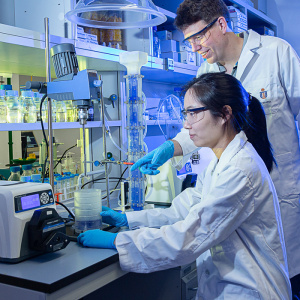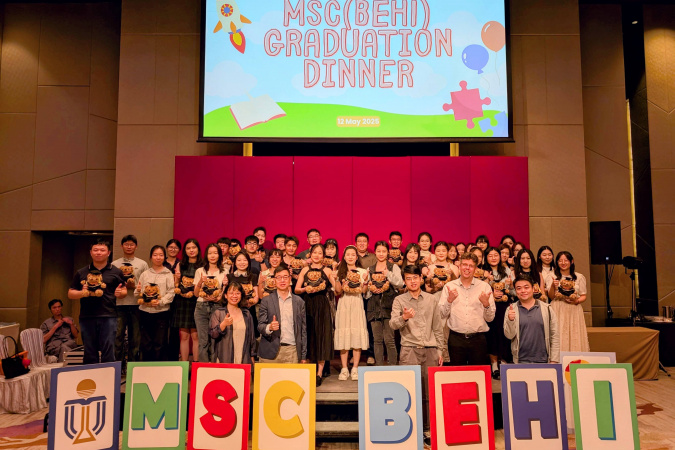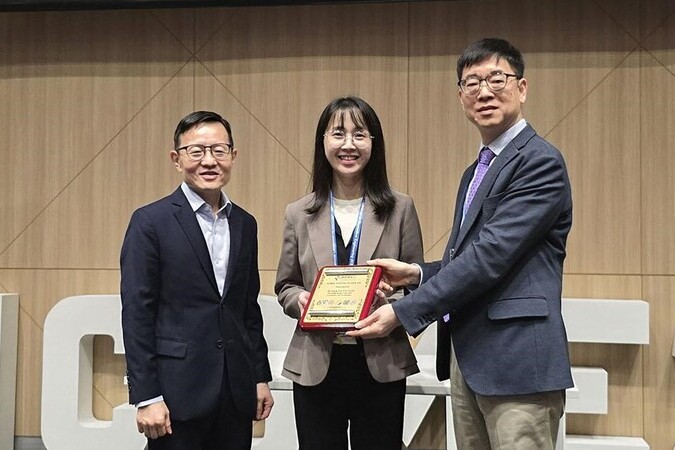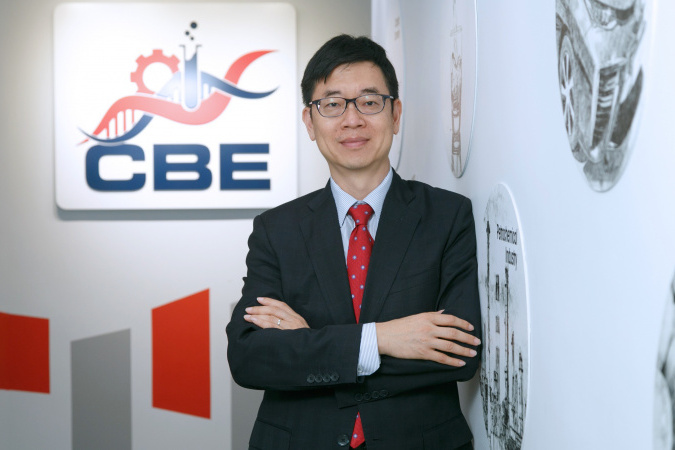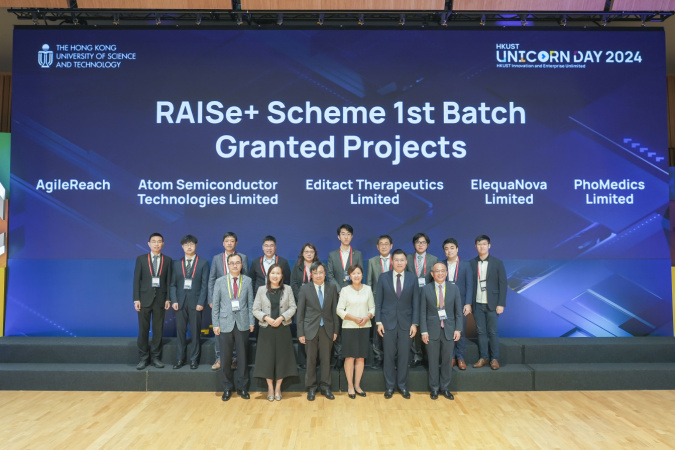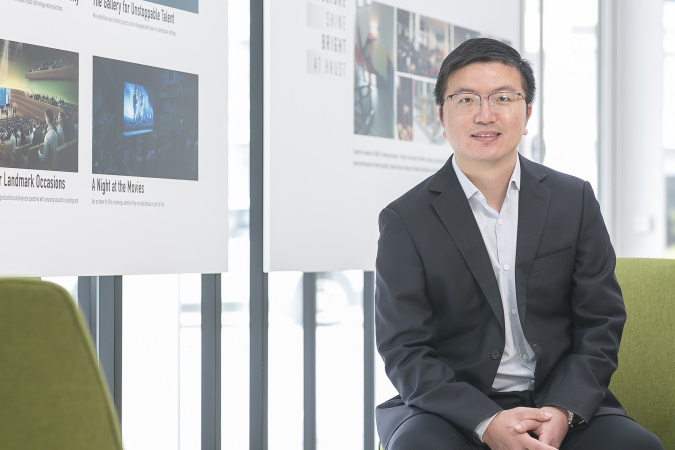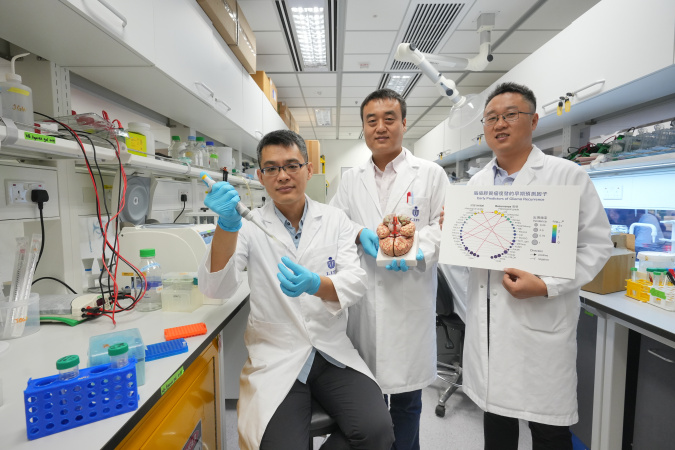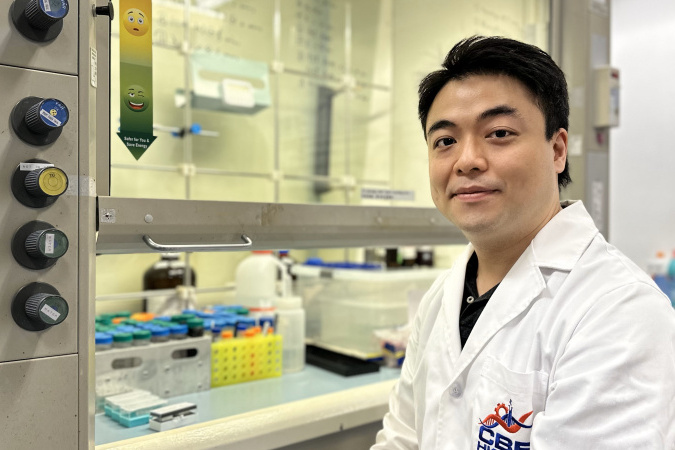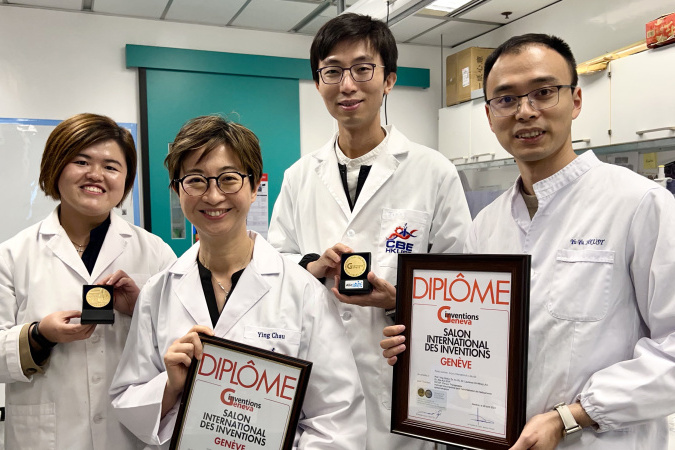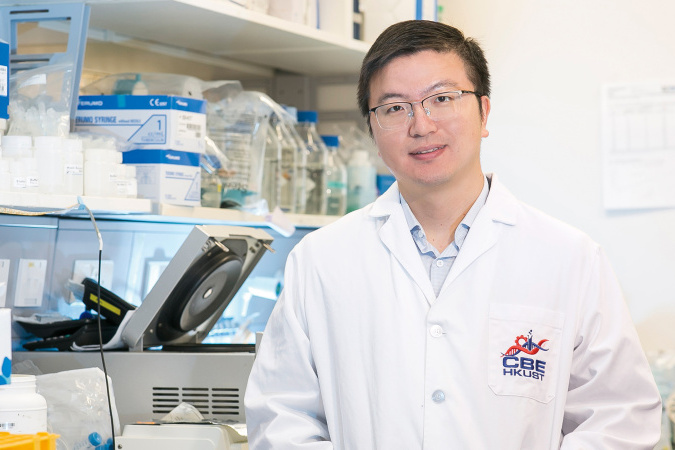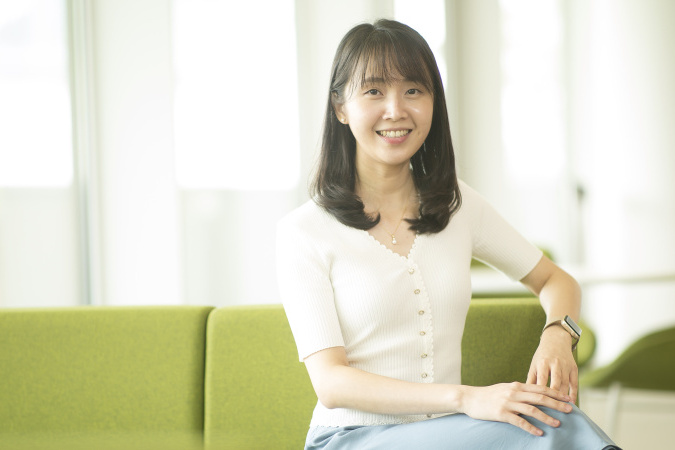MSc in Biomolecular Engineering and Health Informatics


Curriculum
Students are required to complete a total of 30 credits of coursework, made up of at least 15 credits of core courses and 6 credits of elective courses. All students may also take a maximum of 9 credits of non-BEHI postgraduate courses, subject to the approval of the Program Director. For details, please refer to the Postgraduate Program Catalog and Course Catalog.
Admission and English Proficiency Requirements
Applicants must possess a bachelor’s degree in Biomolecular Engineering, Health Informatics, Chemical Engineering, Biological Engineering, Biotechnology, Biomedical Engineering, Food Engineering, Materials Science, Chemistry, Physics, Polymer Science, Bioinformatics, Computer Science or a related discipline with second-class honors or higher, or an equivalent qualification from a recognized university or tertiary institution. For English Proficiency Requirements, please refer to HKUST Fok Ying Tung Graduate School.
Program Fee
The nominal program fee for 2026/27 Fall intake for full-time study is HK$208,000 (paid in 2 installments).
Application
All applications are considered on a competitive and rolling basis. Early online application is strongly recommended. For admission details, procedures and application deadline, please refer to HKUST Fok Ying Tung Graduate School.
For 2026/27 Fall intake (September 2026)
| Application Deadline | |
|---|---|
| All Applicants |
1 November 2025 (Round 1) 1 January 2026 (Round 2) 1 April 2026 (Round 3) |
Career Prospect
Upon completion of this program, graduates may find jobs in local and regional industries in pharmaceuticals, biomedical devices, diagnostics, biotechnology, and healthcare in general. Furthermore, the program stimulates curiosity and interest in emerging fields, which provides a foundation to continue with postgraduate programs or entrepreneurship.



